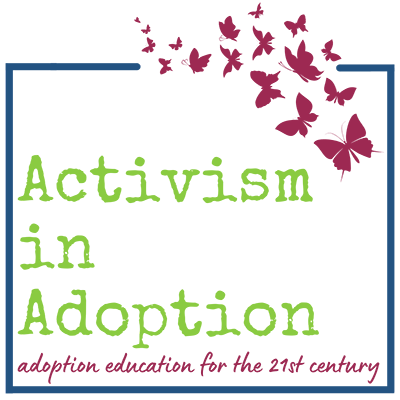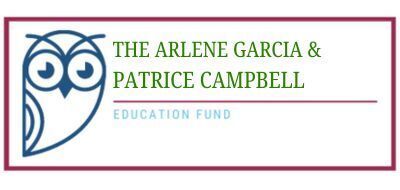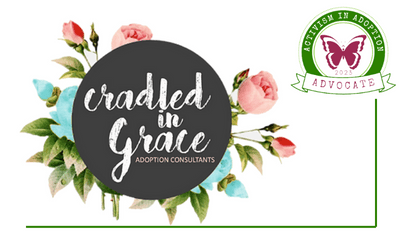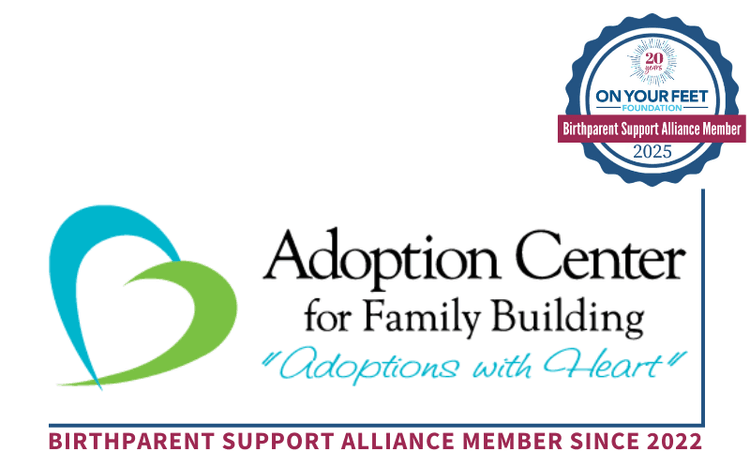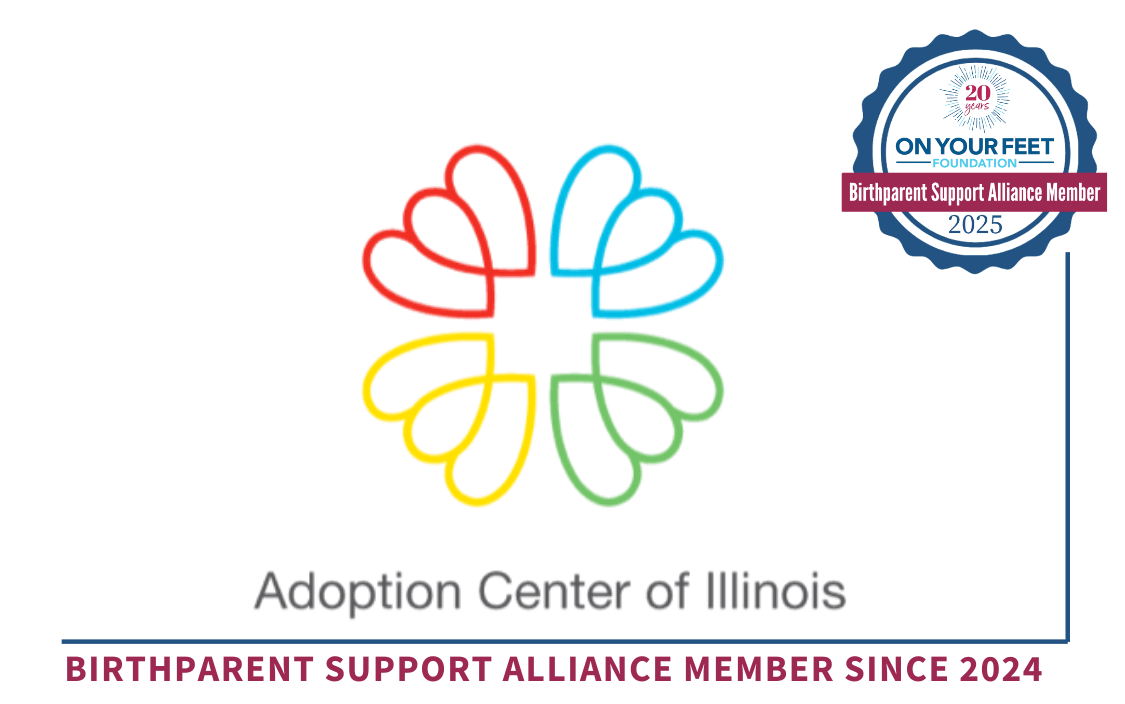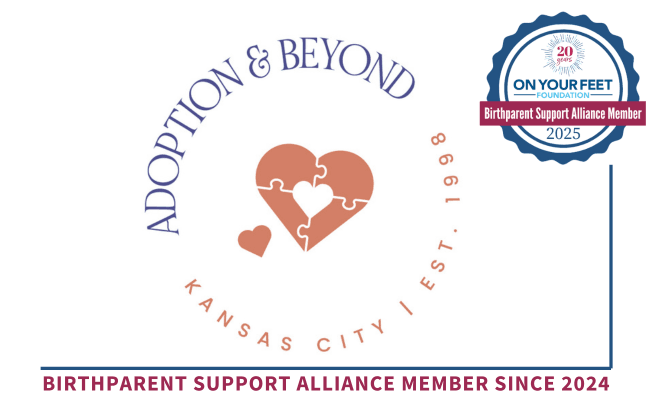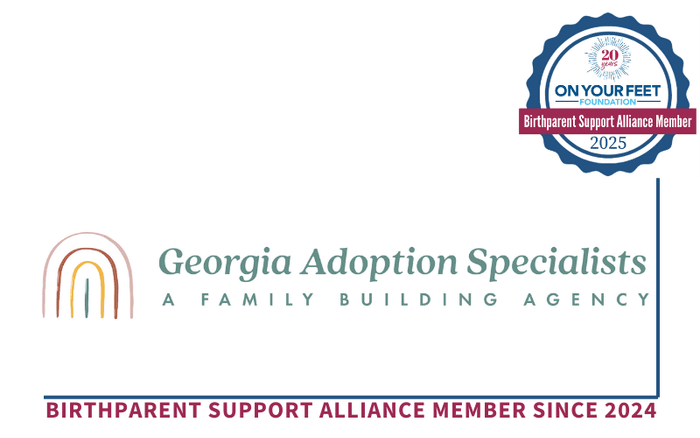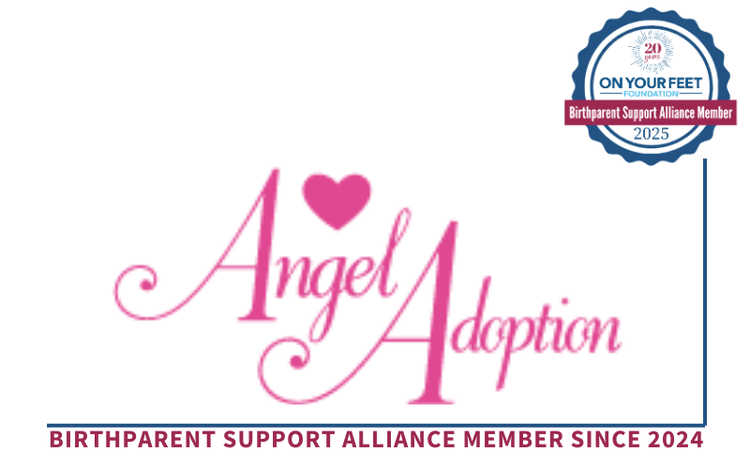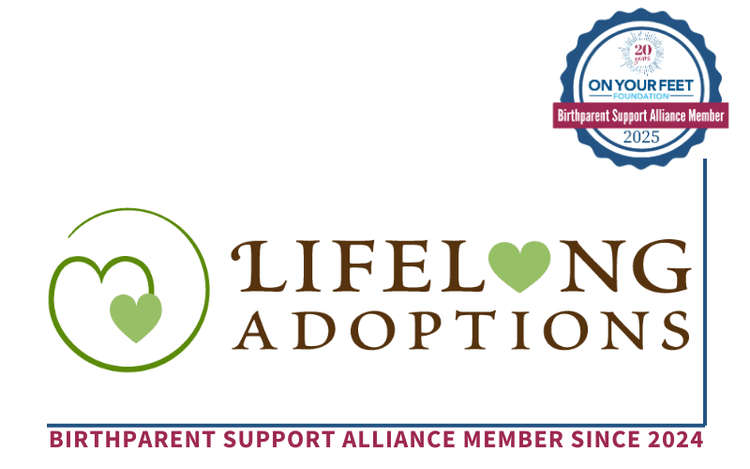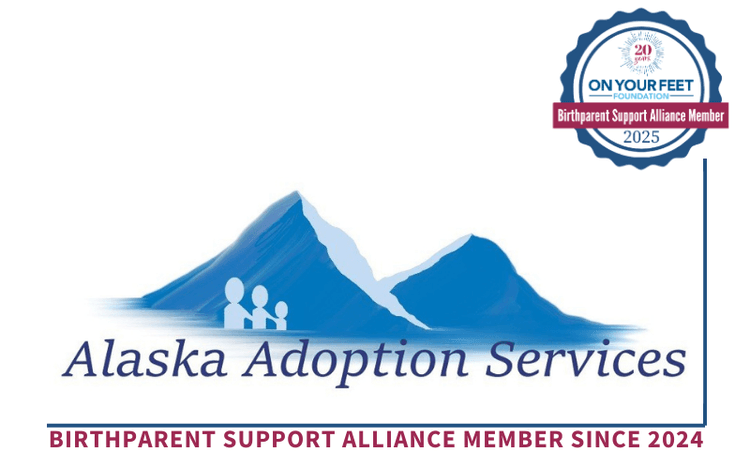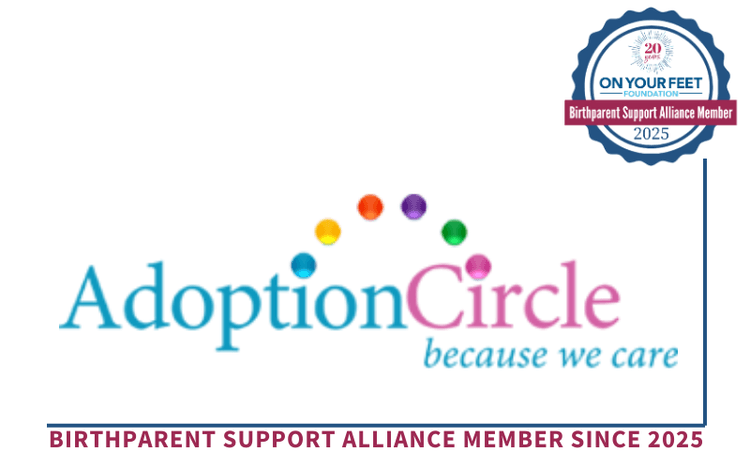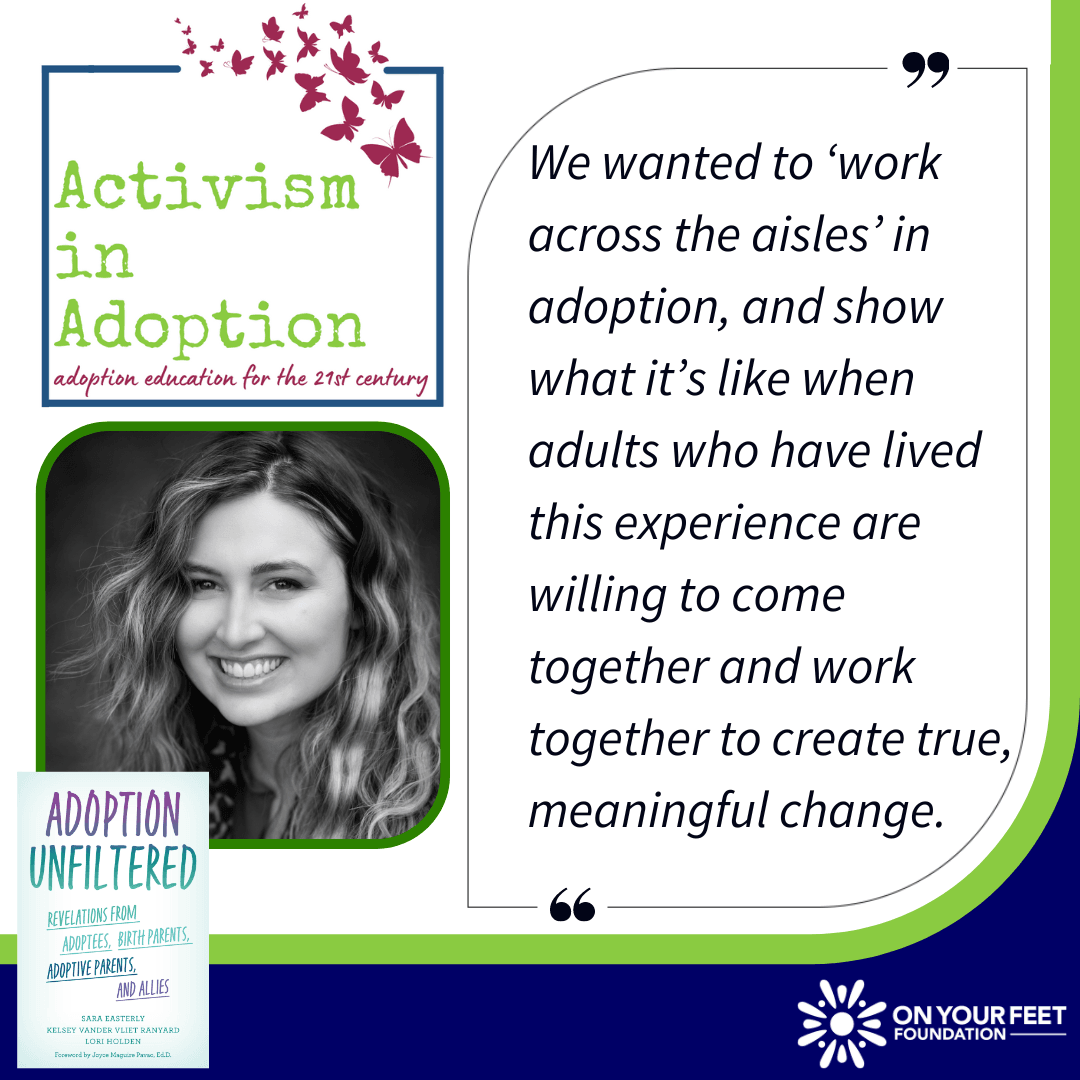
It’s always a joy to sit down and learn from Kelsey Vander Vliet Ranyard. Kelsey has spent several years working in the domestic adoption field in agencies, law firms, and in advocacy work; is a birthmother in an open adoption; and a dedicated advocate for safe, ethical and child-centered adoptions. Kelsey is the co-host of Twisted Sisterhood Podcast, the first-ever birthmom podcast and she is also the Co-Producer of a documentary currently in production, Love, Your Birth Mom. In her critically acclaimed co-authored book, Adoption Unfiltered, Kelsey, along with Sara Easterly (adoptee), and Lori Holden (adoptive parent) interviewed dozens of adoptees, birthparents, adoptive parents, social workers, therapists, and other allies—all sharing candidly about the challenges in adoption. While finding common ground in the sometimes-contentious space of adoption may seem like a lofty goal, the authors had optimistic aim: working together with truth and transparency to move toward healing.
We were thrilled to have the opportunity to welcome all three authors, along with an expert panel, to the Chicagoland area to do a live Activism in Adoption talk as part of their book tour. A video of that talk is now available on the Activism in Adoption website, and Torie DiMartile had the opportunity to sit down with the authors to do a deep-dive into why this book is such a much-read for every member of the adoption constellation. We've shared those conversations with Sara and Lori, and today we got to learn more about Kelsey and her advocacy work.
Let's start with the basics: what is your connection to adoption?
I am a birthmom who placed my child in 2016 and I'm also the fourth generation in one bloodline in my family to relinquish a child for adoption. So, I was raised by an adoptee and then my dad's birthmom is also an adoptee. Adoption has affected my whole life. My relinquishment experience was the catalyst for a lot of self-reflection in our family. My dad's been in reunion since before I was born so his birthmother was always my grandma, my family. My dad's birth family lives in California and I'm very close with them. They've always just been my family, whereas for him, there was that separation through adoption and then reconnecting later in life. My experience kind of forced everyone to look at things in a different way - my whole family. I think it gave my dad the opportunity to reflect on his adoption where he was always very, like, I'm so grateful and lucky. Now he acknowledges the love in both camps, but also acknowledges the loss and abandonment feelings too. My grandma passed in 2021, but I think there were some things about my relinquishing experience that really affected her as a birthmom watching it happen to someone else. So there have been a lot of difficulties resulting from relinquishment, but also a lot of healing moments for my family.
Can you share some of your previous work?
I spent several years working on adoption reform policy at a nonprofit in LA that currently has a federal bill in Congress. It was introduced in November and it's called the Adopt Act HR 6220. The Adopt Act would affect interstate adoptions. Thirty-two states currently prohibit unlicensed adoption intermediaries, like facilitators, from providing adoption services. This act would prohibit them from providing adoption services interstate because that's the big gap. There are other states that don't have laws on it. They're silent on this or the law is unclear, or there are a couple of states where they do expressly allow it. But those states have to figure that out on their own; they have to pass their own laws. We estimate interstate adoptions are making up about 50% of adoption placements in the private adoption space right now, because of the internet and integration of that into practice. We see people doing these DIY adoptions where families are advertising themselves on Facebook and Instagram and they're trying to match on social media. So that has made a huge difference in how private adoptions occur. This federal law would fill that gap for interstate relinquishment and interstate placements and outlaw them so that if you have a facilitator working in Pennsylvania this law would say, you can only work in Pennsylvania, you can't go work anywhere else. So it cuts off a big limb for them.
What are the challenges or the issues that arise because of consultants, facilitators and this interstate capacity?
A lot of women who are seeking adoption help right now are people who are struggling with extreme poverty, homelessness, severe mental illness, and things that a lot of times would really make it hard for them to be a candidate for parenting in the eyes of the state. Sometimes people's families are reluctant to do kinship care because they may already be taking care of some of this person’s children and they can't take one more, or they may not have the capacity for other reasons. Many times inter-generational poverty and trauma is affecting the whole family. When we don't have options for kinship care we still have this person who is pregnant and they need help and real tangible resources that are local to them. If we have a facilitator in Pennsylvania who's trying to arrange the adoption for an expectant mom in Louisiana, they don't have access to housing resources, they don't have access to local therapy, local counseling, they don't have access to maybe a local food bank, local utility assistance. Licensed, reputable agencies that are ahead of best practices and are well-connected can provide support through the right connections and referrals, whereas a facilitator whose primary interest in working in this field is transactional, so an expectant mom might be deprived of local resources. The thing I love about the ADOPT Act is that it also restricts licensed agencies. It says that, you work in the state where you're licensed and if you're going to work in another state where you don't hold licensure, you have to involve a licensed agency in that state. The way we restrict that is by restricting the payments of the living expenses that are disbursed to moms because that's typically how they can compete with the local entities, right? They say, oh, well, we can offer you $10,000! And she's only getting assistance for direct payments for rent which equals $3,000 from her own state. So the legislation says, you can't disburse more than $500 to a mom in a state where you don't have licensure at all. When she's deprived of local resources for whatever option she wants to choose, and the adoption is transactional, we know that's not good for anybody, especially the child.
For the prospective adoptive parents, we're seeing a lot of financial manipulation and exploitation. We're seeing people losing 40, 50, 60 plus thousand dollars and not even bringing a child home. And then I'm also seeing cases that are very obviously red flag cases where either it's a scam, or this mom's not going to place and this match probably won't be happening. I saw a case not that long ago, where they said she was like six or seven weeks pregnant. If you're an adoption professional who’s been doing this for any amount of time, you can see those red flags right away. And there are things you can do to stall, you don't need to disburse living expenses. I personally don't believe we should be putting the responsibility to pay out living expenses on adoptive parents. I do think that when it's the last resort, it's a thing that can be done to make sure her lights are on and she's healthy, and her kids are fed. But at the end of the day, asking adoptive parents to pay $20,000 for an expectant mother's living expenses? That's crazy and also so coercive.
There are people who hear the scenario that you're presenting, hear the amount of money that an expectant parent will be issued for living expenses and think, well, why would you not want her to have that substantial amount of financial security? What's your response to those people?
Just because I don't want these people offering large sums of money doesn't mean I don't want an expectant mother's needs met. When we put these high sums of money into this pot, we are creating coercion, or we are creating exploitation. Those are the only two possibilities. There are no other options here. The placement either succeeds, and this was coercive, or this placement falls apart and the professional financially exploited the adoptive parents. Those are the two options. There are ploys to prey on desperate people on both sides of the equation. I think this country has a sickness in that we refuse, time and time again, to support people in need. We need to respect the options that are afforded to women. I think that if a woman wants to parent she should be able to and she should have the support to do so and if a woman wants to place she should be able to and she should have the support to do so. But these things cannot be done in an exploitative way. You have to support them just to support them, not for a specific outcome or agenda.
Yeah, and when you're involving large sums of money, you're incentivizing a specific choice. So what amount of this work is shared and discussed in the new book Adoption Unfiltered that you co-authored?
I talk about the effects of this problem on expectant moms in my section, and we also talk about it in the end. We have a fourth part of the book that talks about reform and our hope for the future of adoption.
Has a collaborative written piece between an adoptee, adoptive parent, and a birth parent been done before? And then why is that kind of intersection of perspectives necessary?
To our knowledge, no, it's not been done before, not a book at least. I've seen books that include an adoptive parent and their adoptee or an adoptive parent and the birthparent. But I've never seen it with all three sides converging. I think it's important because no matter which way you look at it when you just have two sides, no matter which combination of those two you have, at no point is it really centering the adoptee and showing the full picture of what it's like to be between an adoptive parent and a birthparent. I also think we exist in this adoption community in our bubbles. I think gaining other perspectives is so important. Lori always says, everybody comes to adoption on their knees. And it's true. People come here to this space out of some sort of desperation. And we are not always gentle with each other. We are all on our own journey with our own personal experiences. There are common threads and themes, but we also have individual experiences that shape our perspectives and weave them throughout our lives. So to be able to understand the other side and to see them for who they are and where they're at, is so valuable.
If you had to select a demographic that you really want to read this book, would that be adoption professionals?
Hands down, I want this book to affect how birthparents are viewed, hopefully in a more realistic light, in a more holistic light. And I want the same for adoptive parents and for adoptees as well. I want adoption professionals to look at it and have a "come to Jesus moment" and say okay, what is it that we're doing? What is it that we're not doing? How can we keep pushing to be better in the future? We have some agencies incorporating it into their education which is really exciting.
What do you envision as the future of adoption? What would you want to see it as in the next 20 years?
Ideally, I would take profit completely out of the picture. I don't have a concrete plan for that right now. At this time, I think we're so far from it, because the cost of adoption keeps skyrocketing, more people keep joining this field with a spirit of opportunism. It’s hard to watch. In the almost seven years I've been working in this field, I've seen costs go up so much in such a short amount of time. I would like to see opportunists out, because there shouldn't be any more gaps and quick ways for them to make a buck. That's got to stop. But realistically, I would like to see unlicensed intermediaries out completely - every single state.
I would like to see a home-study database, so that people who didn't get their home-study approved at one adoption agency can't go down the street and get one from another. I would like to see a federal prioritization of safety and protection for the people impacted. I'd also like to see federal data collection on private adoptions. There's a bill I've been working on that's in Congress now that was introduced in December, it's called the Adoption Counts Act. It is a federally mandated collection of private adoption placement data. We haven't collected data federally on private adoptions since 1975. And even then, it was unreliable. This would be the reinstatement of that, and it would be much more reliable because our resources and our tools are so advanced now. Just like data collection for foster care, it would require state courts to report the data and it would hinge on their funding. So you can't get your funding unless you report this data, which is how the mandate is effective.
Domestic adoption policy in the United States for private adoption versus other countries is so different. Every single policy area in this country is an examination of what happens when you do nothing. So, I think we have so much work to do. I'd like to see a uniform adoption act that kind of brings all the states up to speed with blanket oversight and regulation and some strengthening of oversight for agencies and states. I'm not opposed to having states govern their own systems. However, I think that the standards have to be the same. We've got to be on par with one another and eliminate a lot of this confusion of jurisdiction and venue shopping.
If you had to give a piece of advice or a takeaway for adoption professionals, and adoptive parents, that aren't going to be able to have the benefit of listening to you in person and getting that information, what would you share with them?
Read the book! There's a book club discussion guide. We are all also available as a resource if you have questions about how you want to incorporate this into your post or pre-adoption education. So if you have questions about how to incorporate that, you can reach out to us at adoptionunfiltered.com. We also have a podcast that's on YouTube. We talk about a wide array of topics with a wide array of guests who are experts. So I think there are a lot of contact points and other ways to hear us and involve this book and in what you do.
To learn more about Kelsey and her work, visit her website, or find her on Instagram. Adoption Unfiltered is not just a book - it's a podcast, hosted by all three authors! You can watch it here (or listen on Spotify, Apple Podcasts, or the streaming service of your choice, and follow them on Instagram. Kelsey is also the co-host of Twisted Sisterhood, also on the streaming service of your choice, and you can follow them on Instagram and Facebook. if you haven't read Adoption Unfiltered yet, it is available on Amazon, and at all major booksellers, or can be ordered via your local bookstore. Supporting local independent booksellers is critical, and we are grateful to The BookStall, an institution on Chicago's Northshore, for hosting our live event with Adoption Unfiltered's authors. Visit Activism in Adoption to see our upcoming speakers and reserve your space at their (Zoom-based) talk, or buy a 30-day pass to view all of our videos. Adoption Education credits are available for those who need them.
